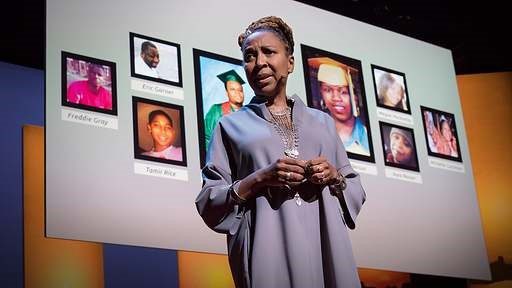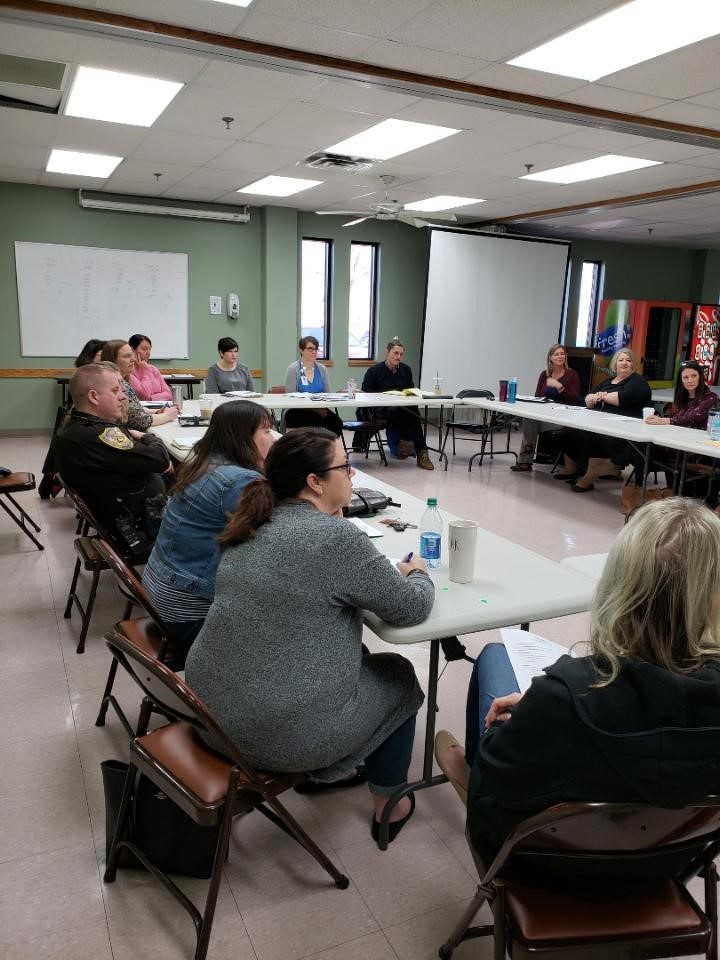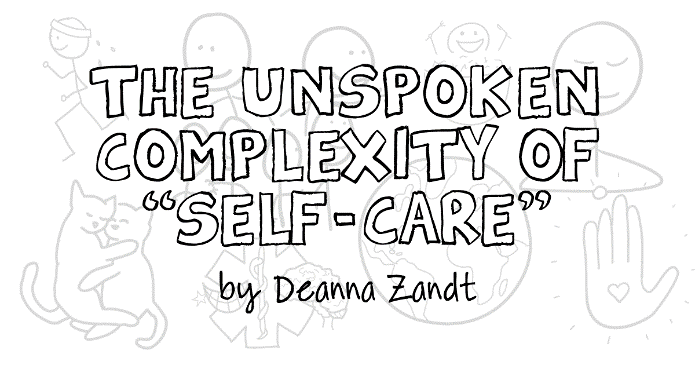“The best gatherings learn to cultivate good controversy by creating the conditions for it because human connection is just as threatened by unhealthy peace as by unhealthy conflict.” – Priya Parker
Community Systems Statewide Supports (CS3)
On July 14, 2021, CS3 hosted an orientation for the Partner Plan Act Collaboration Institute’s fourth cohort of communities. The event marked the start of a year-long commitment to working with eight collaborations on improving local early childhood systems. Congratulations to the following communities! We look forward to working with you all this year!
• Altgeld Riverdale Early Learning Coalition
• DeKalb County Coordinated Intake Collaborative
• Early Childhood Alliance (Niles Township)
• St. Charles Early Learning Partnership
• East Central Early Childhood Collaborative
• Plano Area Alliance Supporting Student Success
• WeGo Together for Kids
• The Village Early Childhood Collaboration
We are currently accepting requests for On-Demand Consultation. On-Demand Consultation is support offered to early childhood community collaborations that need some assistance tackling a specific, short-term issue. Consultants are matched with communities based on the topic area requested. Communities can receive up to 24 hours of consultation over the course of the fiscal year. In the past, consultants helped communities think through a wide range of topics such as family engagement, governance, and racial equity.
Collaboration Highlight
Preparation Meets Opportunity: The IRIS Pilot in the Tazewell County: All Our Kids (AOK) Network
Communication and transparency are central to collaborations’ work. The Tazewell County AOK collaborative, one of the original AOK sites, knows this lesson well. In 2019, when two of the AOK networks (Stephenson and Cicero) were selected to receive the Integrated Referral and Intake System (IRIS) by Kansas University, the Tazewell County collaboration gained interest in this opportunity. As a result, they worked together to prepare the community for the opportunity of securing the IRIS system in Tazewell County. IRIS is a web-based communication tool that supports community partners in coordinating and closing the communication loop with families and partners. It streamlines communication by helping staff track referrals that they make for families and partners in real-time. This tool was something that the community felt would be beneficial to them.
The Tazewell AOK network has worked diligently to create a collaboration of partners with a robust sense of trust and communication in Tazewell and neighboring counties. Despite a solid foundation of strong relationships, the collaborative recognized that it was still challenging for partners to know what was happening to families after a referral. Leading up to becoming an IRIS pilot site, the collaboration worked to lay a strong foundation for successful implementation. They identified who would be part of the referral system and where they could build on existing resources in the community. Members held community dialogues and collected feedback through Art of Hosting events and workgroups. They were off to a great start when they integrated their existing coordinated intake model into the IRIS system.
This groundwork made for a smooth launch of the IRIS system for Tazewell, Peoria, and Woodford (TPW) in January of 2020, two months before the onset of the pandemic. The collaborative successfully established a strong referral and intake system for their providers and families during one of the most challenging times of our lifetimes, the COVID-19 pandemic, and that made a world of difference.
Since the launch of the pilot, the IRIS community has engaged partners to understand the current referral practices and the how’s and why’s of the IRIS process. They configured IRIS to meet the specific needs of the community and established community standards for using the integrated referral system.
The collaboration launched TPW’s first cohort of participating programs in January 2020 with 14 programs including coordinated Intake, home visiting, early intervention, and supportive early childhood services. The IRIS system helped providers continue a strong referral process during a time of great need even while working remotely. Now at 38 programs, the collaboration has enrolled 46% of the more than 1,400 families referred in services. The referral process also expanded beyond early childhood programs to include services that support the basic needs of families – e.g., perinatal support, domestic violence, food assistance, and crisis assistance programs.
Going forward, the collaboration will do a crosswalk on perinatal depression supports and onboard maternal mental health providers, including a local hospital. The goal is to create a bidirectional referral process.
Julie Herzog, the All Our Kids Network Coordinator whom we interviewed for this article, recalls a time when she worked in Head Start and a referral system like IRIS was just a vision. She is ecstatic at being part of the team that made this vision a reality!
To learn more about IRIS here and see a map of IRIS communities here.
Resources
The Unspoken Complexity of “Self-Care”
In these times, self-care is critical and yet so often the first thing to go when there are deadlines to meet and families to serve. But what does self-care really mean? Deanna Zandt explores the differences between self-care and self-soothing with both text and graphics here. Deanna also goes deeper into other kinds of care, highlighting community care and structural care. For all of those tirelessly working out there for children and families in our state, we encourage you to take a brief moment to view this blog including the text and images. Remember there are many ways of caring for yourself even as you care for others.
The Urgency of Intersectionality

Kimberlé Crenshaw, professor of law at UCLA and Columbia Law School, is a leading authority in the area of civil rights, Black feminist legal theory, and race, racism, and the law. Her work has been foundational in two fields of study that have come to be known by terms that she coined: critical race theory and intersectionality. In this moving Ted talk, she explores how the reality of race and gender bias can combine to create even more harm. She calls on us to bear witness to this reality and speak up for victims of prejudice.
Trainings and Events
We are working on our training calendar for the year. Now is a great opportunity to check out some of our archived and on-demand learning opportunities.
• View past webinars and all 2021 Partner Plan Act Virtual Summit session recordings
• Access our On-Demand Learning courses! We currently offer the following modules:
1. Early Childhood Collaboration Data Course
2. Shared Intake for Early Childhood Collaborations Course
3. Community Systems Development for Early Childhood Collaborations Course
4. Collaborative Developmental Screenings for Early Childhood Collaborations Course
5. Early Childhood Collaboration Parent Engagement Course


